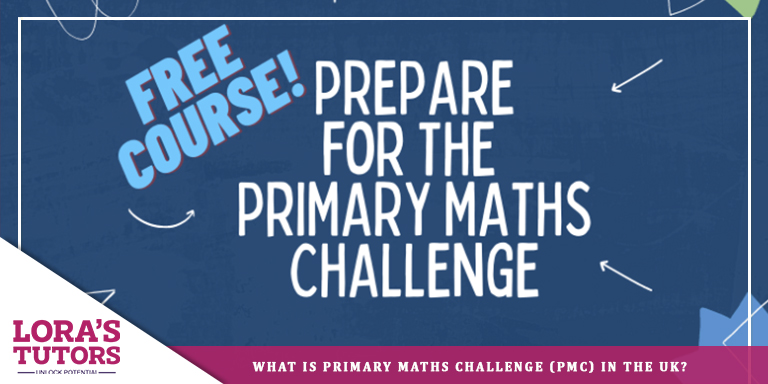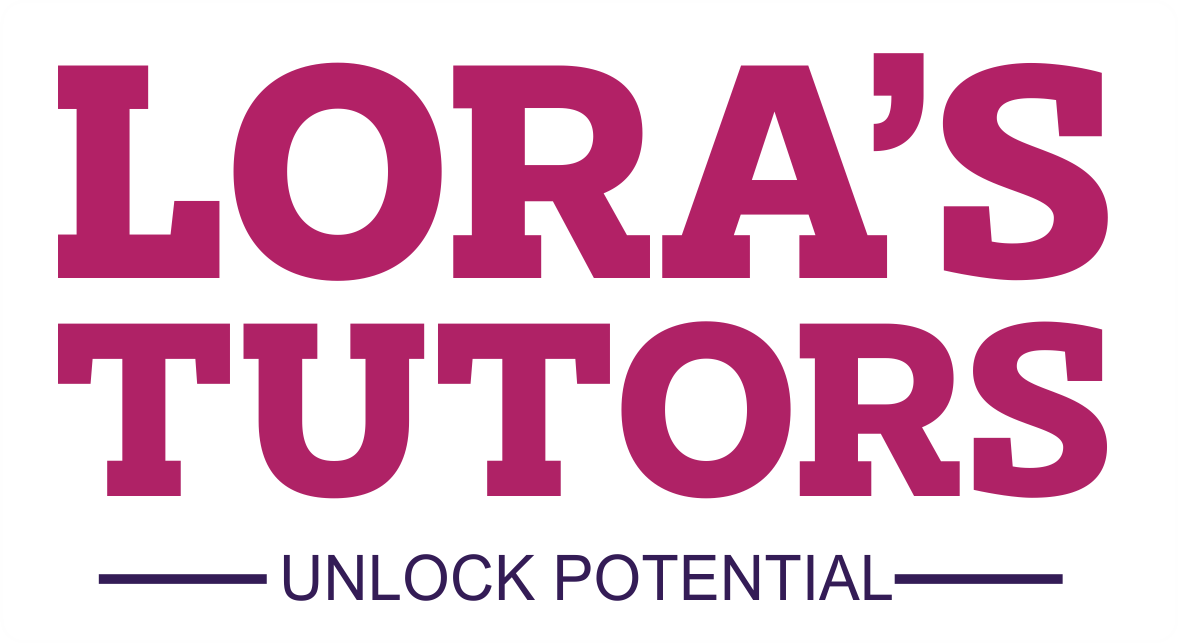
What is Primary Maths Challenge (PMC) in the UK?
Google AI Overview
The Primary Maths Challenge (PMC) is a national mathematics competition in the UK designed for pupils aged 9 to 11. It encourages problem-solving, logical reasoning, and creative thinking through fun yet challenging questions. Schools across the country participate annually, giving young learners the chance to showcase their mathematical ability and build confidence in tackling unfamiliar problems.
1. Understanding the Primary Maths Challenge
The Primary Maths Challenge is a unique competition aimed at Key Stage 2 pupils, typically in Years 5 and 6. Organized by the Mathematical Association, it offers children the opportunity to engage with mathematics beyond their standard curriculum. Unlike routine classroom exercises, the questions are designed to test reasoning, pattern recognition, and creative problem-solving.
Students are presented with puzzles that require logical deduction, numerical fluency, and lateral thinking. Rather than focusing solely on arithmetic, the challenge encourages pupils to think outside the box and enjoy mathematics as a subject that stimulates curiosity.
2. Objectives of the Competition
The competition has clear goals. Most importantly, it seeks to nurture a love of mathematics in young minds. By presenting problems in a fun, non-traditional format, it shifts the focus from rote learning to exploration.
Besides that, the PMC helps teachers identify talented pupils who show exceptional mathematical potential. It also provides children with the chance to experience a healthy sense of competition, boosting their confidence and preparing them for secondary-level challenges.
3. Structure of the PMC
The challenge is divided into two main rounds. The first round takes place in schools across the UK, usually in November. Pupils sit a written test consisting of multiple-choice and problem-solving questions. Those who achieve top marks are invited to participate in the Bonus Round, which takes place the following February.
This two-tier system ensures that all participants have the chance to engage with exciting questions, while also recognizing the most talented problem solvers nationwide. The Bonus Round often includes more complex and thought-provoking problems that push students to apply their knowledge in new ways.
4. Skills Developed Through the PMC
The benefits of taking part in the PMC go far beyond winning certificates. The competition builds resilience, as pupils learn to approach problems with patience and persistence. It develops critical thinking and encourages children to look for creative strategies when a straightforward method does not work.
Moreover, the challenge promotes independent learning. Pupils are inspired to research, practice, and seek guidance outside regular class time. For some, this might involve joining clubs, while others may look for additional maths home tuition with a primary school maths tutor to refine their skills and boost their confidence.
5. The Role of Schools and Teachers
Teachers play a vital role in introducing the PMC to students. They provide access to practice materials, encourage participation, and create a supportive atmosphere where pupils feel comfortable attempting unfamiliar questions.
Schools often use the challenge as a way to enrich their maths curriculum, sparking discussions around different strategies and encouraging teamwork. This approach helps children understand that there is often more than one way to solve a mathematical problem, which is an important lesson for both academic success and real-life problem solving.
6. Benefits for Students
Taking part in the PMC gives pupils a sense of achievement. Even those who do not reach the Bonus Round gain valuable experience by engaging with questions that are both fun and intellectually stimulating.
In addition, the certificates awarded provide recognition that can boost a child’s self-esteem. For some, this experience may ignite a passion for mathematics that carries into secondary school and beyond. For others, it helps them build essential skills such as logical reasoning, perseverance, and analytical thinking.
7. Beyond the Classroom
The PMC is not limited to traditional schools. Families who opt for Homeschooling Support also find the challenge useful for assessing and encouraging their child’s mathematical growth. By working through past papers and practice questions, parents can provide their children with structured yet enjoyable learning experiences at home.
This flexibility makes the PMC more than just a competition. It becomes a resource for parents, tutors, and educators who want to engage children in mathematics in a more interactive and stimulating way.
8. Preparing for the Challenge
Preparation is not about memorizing formulas. Instead, it involves developing problem-solving habits, practicing logical puzzles, and building confidence with non-routine questions. Many schools organize clubs or after-school sessions dedicated to PMC practice. Some parents also encourage children to explore online resources, workbooks, and interactive maths games.
Because the challenge emphasizes reasoning, regular practice with real-life scenarios and open-ended questions can be more effective than repetitive drills. Encouraging children to explain their thought process helps them gain clarity and strengthens their analytical skills.
9. Recognition and Awards
One of the features that makes the PMC so motivating is the recognition it offers. Pupils who achieve high scores receive bronze, silver, or gold certificates in the first round. Those who progress to the Bonus Round can earn further awards, which serve as a proud milestone in their academic journey.
The sense of accomplishment motivates children to pursue mathematics with greater enthusiasm. In many cases, it sparks an interest that later grows into a lifelong passion for numbers, problem solving, and analytical reasoning.
10. PMC as a Step Towards Future Success
While the competition is designed for young learners, its impact is long-lasting. By encouraging children to embrace challenge, it prepares them for more advanced competitions in secondary school, such as the Junior Mathematical Challenge.
Participating also helps students build transferable skills that are valuable in other subjects. Whether in science, technology, or language studies, the ability to analyze problems, identify patterns, and apply logical reasoning is an advantage. For parents considering additional learning opportunities, the PMC can serve as an excellent motivator and a benchmark for progress.

